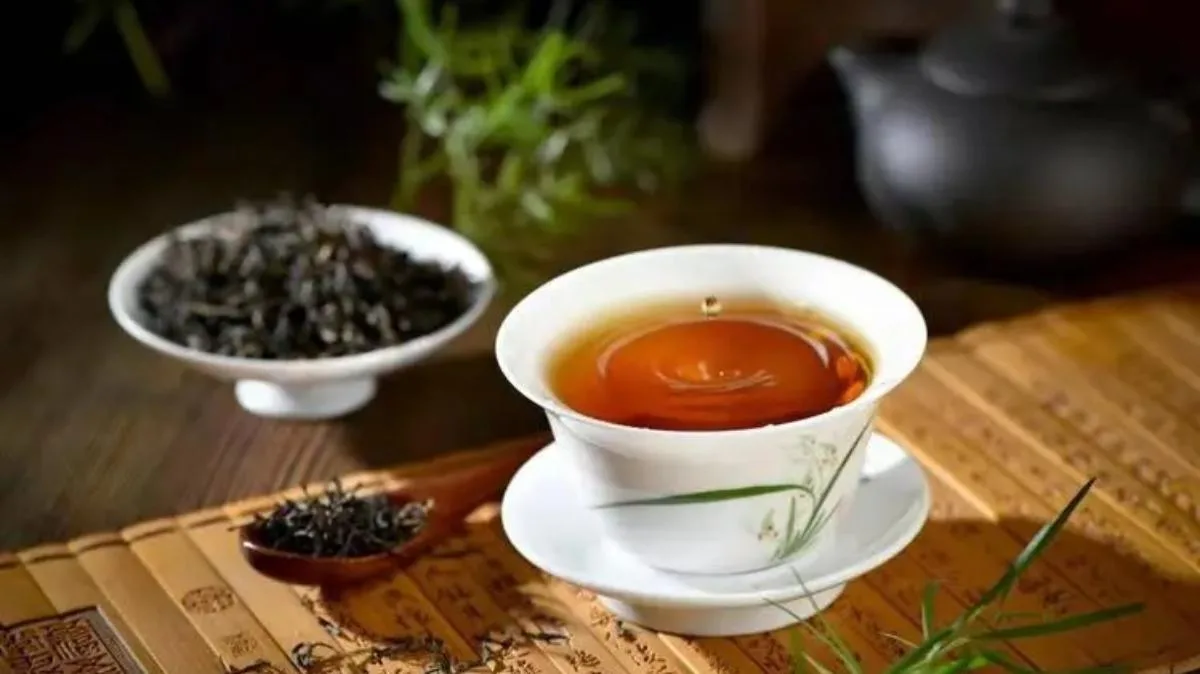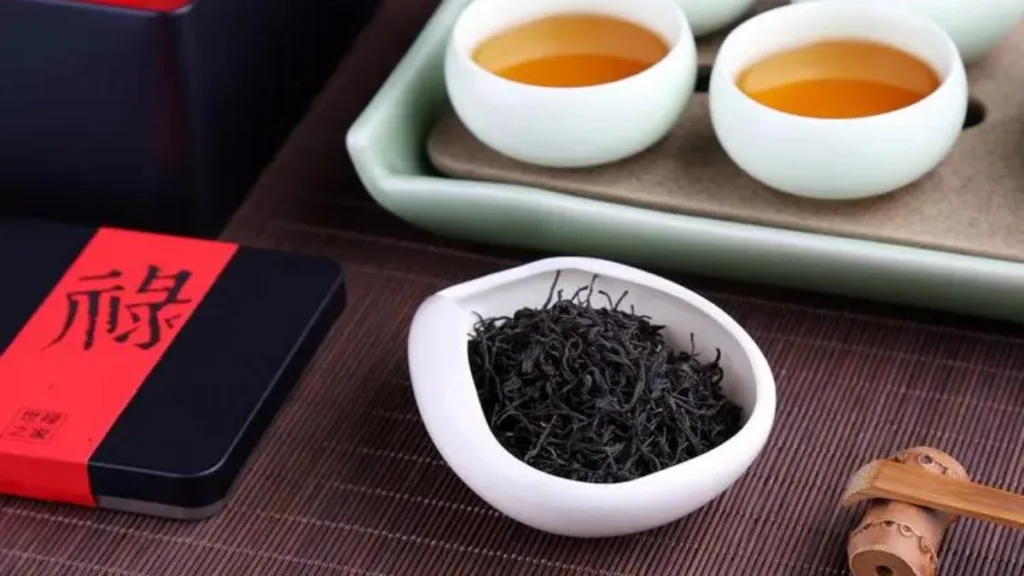In the realm of daily beverages, coffee and black tea stand out as popular choices, each known for its stimulating properties and diverse nutritional content. The question often arises: Is it acceptable to combine these two beloved drinks? In this detailed analysis, we will explore the nuances of mixing black tea with coffee, examining the potential benefits and considerations.
The Compatibility of Coffee and Black Tea:
Coffee and black tea, being common caffeinated beverages, can indeed be consumed together, but moderation is key. Both beverages contain a substantial amount of proteins, fats, carbohydrates, and other nutrients. The nutritional components in coffee and black tea have a minimal likelihood of interacting negatively with each other, allowing for their combined consumption. However, due to the presence of caffeine and tea polyphenols in both drinks, excessive intake is not recommended, as it may lead to overstimulation of the central nervous system, potentially affecting sleep quality and causing insomnia.
Benefits of Combining Black Tea and Coffee:
- Fatigue Relief: The combined consumption of black tea and coffee can provide some assistance in alleviating fatigue. The complementary effects of the two beverages may contribute to a sense of alertness and energy.
- Caution with Iron Absorption: Excessive consumption of tea polyphenols from black tea and polyphenols from coffee may form insoluble salts with iron in the body, inhibiting iron absorption. This could potentially lead to iron deficiency anemia if not monitored carefully.
- Avoiding Empty Stomach Consumption: It is advisable to avoid consuming black tea and coffee on an empty stomach to prevent symptoms such as nausea and vomiting.
Detailed Analysis:
Coffee and black tea are generally considered compatible for simultaneous consumption. Coffee, with its high caffeine content, stimulates the central nervous system, providing a sense of alertness, promoting metabolism, and aiding in fluid elimination to reduce swelling. On the other hand, black tea, a common and widely consumed beverage, enhances focus, improves work and study efficiency, and contributes to fluid balance and diuresis.
However, it is crucial to exercise moderation when combining coffee and black tea due to the presence of tea polyphenols and caffeine in both. These substances can stimulate the gastrointestinal mucosa, and excessive consumption may lead to symptoms such as abdominal pain and diarrhea.
It’s important to note that coffee and black tea contain tea polyphenols and caffeine, and while these can offer certain health benefits, excessive intake may lead to gastrointestinal discomfort. Therefore, moderation is key to enjoying the potential advantages of combining these two beverages.
Conclusion:
In conclusion, the combination of black tea and coffee is generally acceptable, but it should be approached with moderation. Both beverages contribute their unique nutritional components and can be enjoyed together to provide a sense of alertness and relief from fatigue. However, excessive consumption may lead to undesirable effects, particularly in terms of iron absorption and gastrointestinal discomfort. As with any dietary choice, individual tolerance may vary, and it’s advisable to be mindful of personal health conditions and consult with healthcare professionals if needed. By embracing moderation and balance, one can savor the combined benefits of black tea and coffee without compromising overall well-being.



